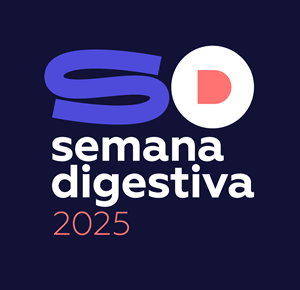MethodsThe authors included in this retrospective cohort study all patients undergoing small-bowel capsule endoscopy (SBCE) between 2010 and 2013 for obscure gastrointestinal bleeding (OGIB) from a tertiary centre. Follow-up started after SBCE and ended upon death or end of the study (November 2020). Survival analysis was performed using a Cox Proportional-Hazards model, in order to analyze the effect on survival of AE and potentially confounding factors (age, vascular diseases and chronic kidney disease).A 2-year follow-up of the patients with AE submitted to APC was also carried. The lowest hemoglobin level, the transfusion support rate and the rebleeding rate were assessed.
Results: 176 patients were included in this study (50.6% male), with a median age of 68.5 years (IQR 24). The median follow-up was 7 years (IQR 4), during which 67 (38.1%) patients died. 73 (41.5%) patients had at least one AE on SBCE. On multivariate Cox regression analysis, only age, peripheral arterial disease, history of previous mesenteric ischemia and chronic kidney were independent risk factors of death. The presence of AE did not affect survival in this analysis. As for patients with AE submitted to APC (28 patients), the rebleeding rate on a 2-year follow-up was 37.5%. The mean lowest hemoglobin level was significantly higher than the value upon OGIB diagnosis [10.2 (0.4) g/dL vs 7.5 (1.6) g/dL, p<0.01] and the transfusion need was significantly lower [5 (20.8%) vs 20 (71.4%), p<0.01].
Conclusion On this retrospective cohort study, some comorbidities and age were independent predictors of poor survival. The presence of AE, per se, did not affect survival. APC was effective in improving hemoglobin level and reducing healthcare utilization.

 Semana Digestiva 2025 | Todos os direitos reservados
Semana Digestiva 2025 | Todos os direitos reservados